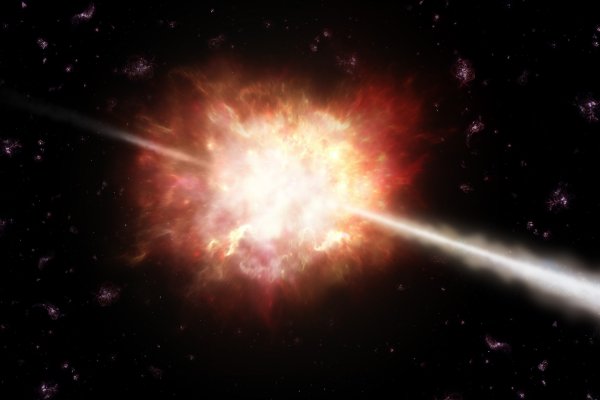The LHCb experiment has found intriguing anomalies in the way some particles decay. If confirmed, these would be a sign of new physics phenomena not predicted by the Standard Model of particle physics. The observed signal is still of limited statistical significance, but strengthens similar indications from earlier studies. Forthcoming data and follow-up analyses will establish whether these hints are indeed cracks in the Standard Model or a statistical fluctuation.
On Tuesday 18 April the LHCb collaboration presented new long-awaited results on a particular decay of B0 mesons produced in collisions at the Large Hadron Collider. The Standard Model of particle physics predicts the probability of the many possible decay modes of B0 mesons, and possible discrepancies with the data would signal new physics.
In this study, the LHCb collaboration looked at the decays of B0 mesons to an excited kaon and a pair of electrons or muons. The muon is 200 times heavier than the electron, but in the Standard Model its interactions are otherwise identical to those of the electron, a property known as lepton universality. Lepton universality predicts that, up to a small and calculable effect due to the mass difference, electron and muons should be produced with the same probability in this specific B0 decay. LHCb finds instead that the decays involving muons occur less often.
The measurements discussed were obtained using the entire data sample of the first period of exploitation of the Large Hadron Collider (Run 1). If the new measurements indeed point to physics beyond the Standard Model, the larger data sample collected in Run 2 will be sufficient to confirm these effects.
ICCUB Contribution
Researchers and engineers at ICCUB have been part of the LHCb Collaboration since 1998, undertaking the design, production and installation of the electronics of the so-called Scintillator Pad Detector (SPD) and participating in the development of the Data-GRID computer network and the DIRAC software, which are essential in the data analysis and simulation processes. The SPD is part of the LHCb electromagnetic calorimeter, which has been crucial for the reconstruction of electron events involved in the above-mentioned B0 decays.
As experts in the study of flavor physics, especially in measuring rare B meson decays in LHCb, ICCUB researchers have also made important contributions to this kind of physics data analysis. Specifically, they have worked in the analysis of those B meson decays that require loop processes which are sensitive to possible contributions of new particles not considered by the Standard Model.
More information



